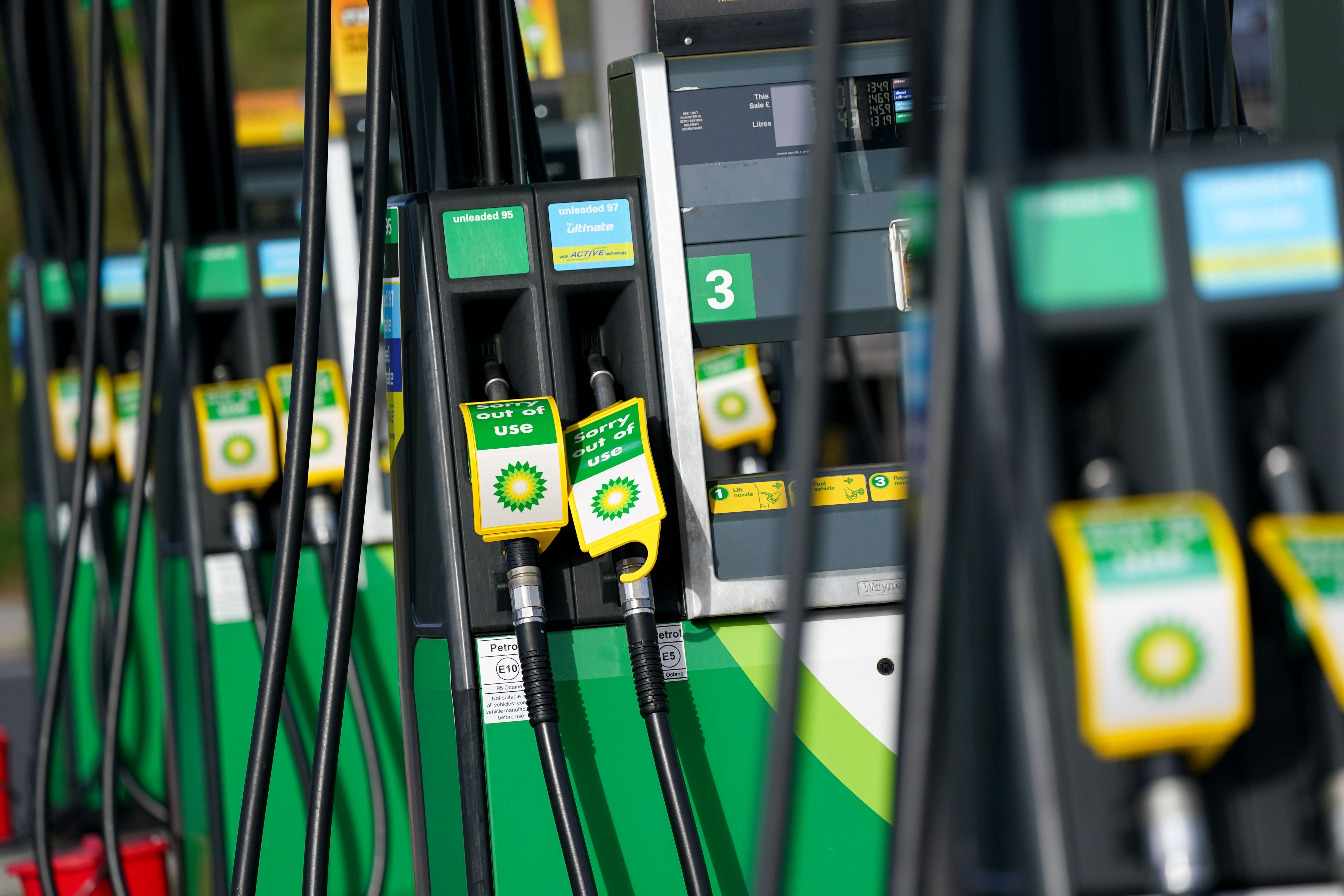BP could enter political crosshairs as profit boost expected
Shell ended up in the firing line on Thursday as its profits coincided with the announcement that household energy bills will rise 54% from April.

Your support helps us to tell the story
From reproductive rights to climate change to Big Tech, The Independent is on the ground when the story is developing. Whether it's investigating the financials of Elon Musk's pro-Trump PAC or producing our latest documentary, 'The A Word', which shines a light on the American women fighting for reproductive rights, we know how important it is to parse out the facts from the messaging.
At such a critical moment in US history, we need reporters on the ground. Your donation allows us to keep sending journalists to speak to both sides of the story.
The Independent is trusted by Americans across the entire political spectrum. And unlike many other quality news outlets, we choose not to lock Americans out of our reporting and analysis with paywalls. We believe quality journalism should be available to everyone, paid for by those who can afford it.
Your support makes all the difference.BP could end up in the firing line when it reports what analysts expect might be a more than 30-fold increase in its profit in the closing months of last year.
The oil giant is expected to report an underlying replacement cost profit – its preferred measure – of 3.9 billion dollars (£2.9 billion).
It’s a rise from 115 million dollars (£84.6 million) in the same quarter a year earlier.
“Soaring oil prices should add some positivity to BP’s results. Last we heard, cash profits had made their way 12% beyond 2019 levels,” said Hargreaves Lansdown equity analyst Laura Hoy.
But what might on face value seem like a blessing for the oil major is likely to come with an edge.
The profits seem unlikely to go unnoticed in Parliament where Labour MPs have been calling for a windfall tax on energy giants.
They argue that while households are paying through their teeth for gas – energy bills are set to spike more than 50% in April – the companies who extract that gas are reporting massive profits.
Some of this money should be reclaimed to help struggling households cope with the rise, proponents of the tax say.
Shell has been unlucky with its timing, but with BP just days away from its trading update, questions about whether a windfall tax is a viable solution to the current energy crisis will hang around
But BP may not take as big a drubbing as Shell which was unfortunate enough to report its massive spike in profits on the same day as Ofgem announced the nearly £700 rise in the energy price cap.
Shortly afterwards, Labour MP Nick Smith said: “Does he (the Chancellor) really think that the super profits of 20 billion dollars made by Shell are untouchable?
“His hands-off approach won’t persuade many people across our country.”
AJ Bell financial analyst Danni Hewson said: “Shell has been unlucky with its timing, but with BP just days away from its trading update, questions about whether a windfall tax is a viable solution to the current energy crisis will hang around.
“Of course, it’s not a straightforward argument; both businesses have a duty to their shareholders – the people who bankroll their operations in good times and in bad.
“And there have been plenty of bad times, not least over the last couple of years when Covid lockdowns wreaked havoc with the very businesses that are now enjoying such remarkable good fortune.”
Away from the political football, shareholders will be looking to find out more about BP’s green investment plans, Ms Hoy said.
She said: “The other big question mark is the group’s sustainable energy strategy, set to become a much larger demand on cashflow.
“This part of the business is reported together with gas, making it difficult to gauge the expected returns.
“However, now that low carbon projects are a larger part of BP’s overall strategy, we’ll be looking for management to offer a bit more detail.”
She added that some shareholders will want to see the company use some of its windfall to pay down debt.